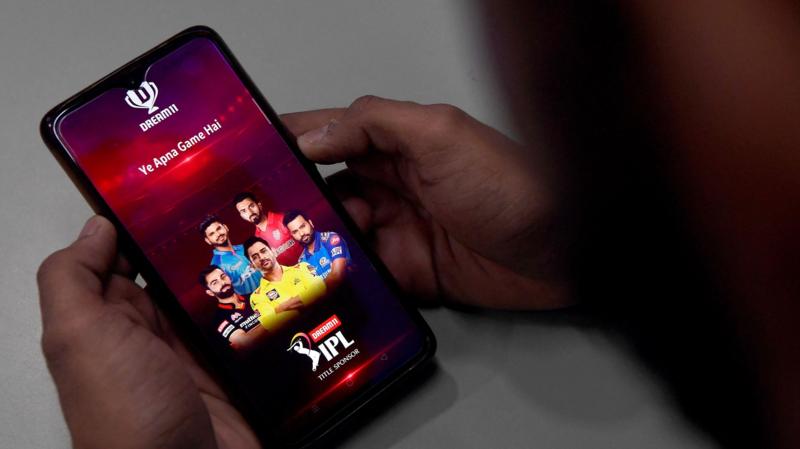Summary
India has banned money-based online games, which include apps where players bet real money on games like poker and fantasy sports. The government says the ban is to protect people from gambling-related problems, but it affects a fast-growing industry that supported many jobs and businesses.
Key Facts
- India has passed a law to ban all real-money online games to protect consumers from gambling issues.
- People who offer these services could face up to three years in jail and fines; users are not punished.
- Before the ban, the industry had about 400 startups and contributed around $2.3 billion in taxes annually.
- Companies like Dream11, once a major cricket team sponsor, have ceased their real-money operations.
- The government claims online betting affected 450 million people and caused significant financial losses.
- Some industry members argue the ban was imposed too quickly and without proper discussion.
- The new law does not differentiate between "games of skill" and "games of chance," despite past legal decisions supporting skill games.
- This is India's first national law targeting online betting, though some states already had their own bans.
